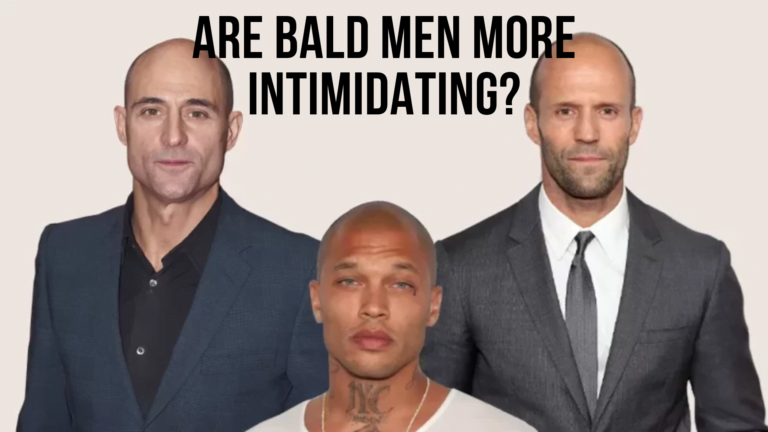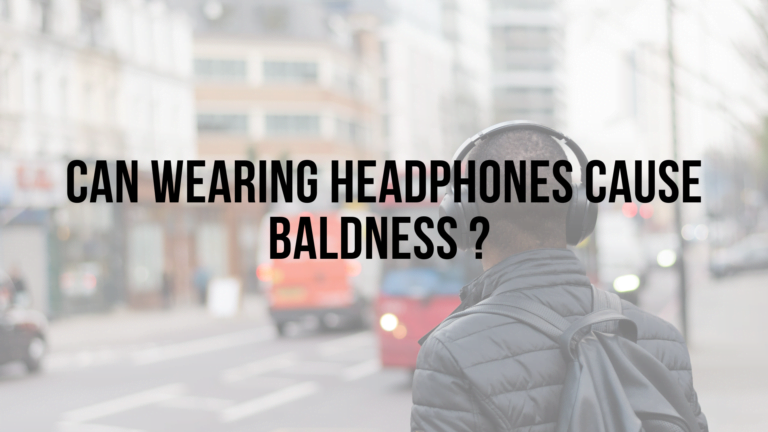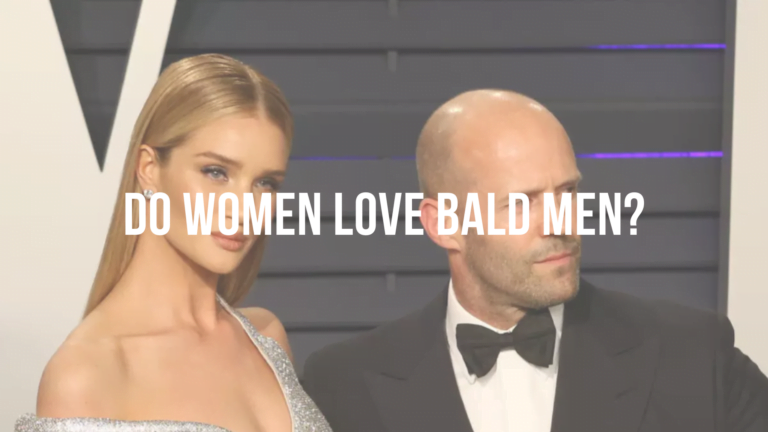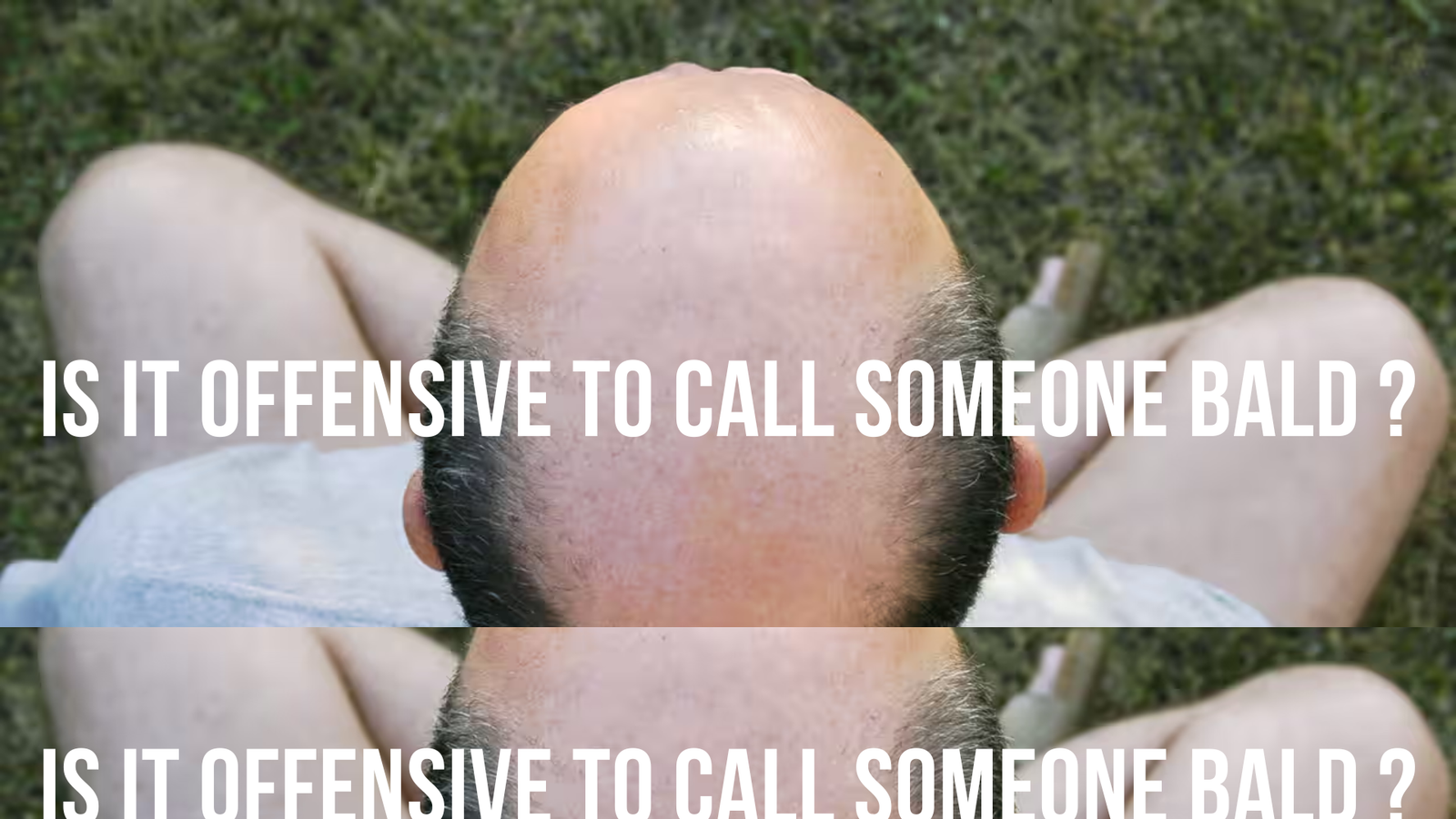In contemporary society, humor often navigates a fine line between wit and offense. With the prevalence of online platforms and social media, the sharing of jokes, memes, and satirical content has increased.
However, this surge in content dissemination has raised questions about the legality and ethical boundaries of certain types of humor, particularly jokes targeting specific physical characteristics or personal attributes. One such category of humor subject to scrutiny is “bald jokes.”
Laws on Harassment and Discrimination
Harassment refers to unwelcome conduct that violates a person’s dignity or creates an intimidating, hostile, degrading, humiliating or offensive environment. Discrimination refers to treating someone unfairly due to a protected characteristic.
Under UK law, harassment and discrimination in the workplace on the basis of certain protected characteristics is illegal under the Equality Act 2010. The protected characteristics include:
- Age
- Disability
- Gender reassignment
- Marriage and civil partnership
- Pregnancy and maternity
- Race
- Religion or belief
- Sex
- Sexual orientation
Baldness or hair loss is not explicitly listed as a protected characteristic under the Equality Act. However, harassment or discrimination still may be unlawful if it relates to an underlying protected characteristic.
Is Baldness Sex-Related?
Some recent employment tribunal cases have ruled calling a man bald in the workplace constitutes harassment related to sex.
The reasoning is:
- Baldness or hair loss affects many more men than women
- Comments about baldness can be humiliating or offensive to men
- Such comments would be similar to inappropriate remarks about women’s breasts
Therefore, baldness may qualify as an extension of the protected characteristic of sex. Insulting baldness primarily targets men due to biology and genetics.
However, this does not mean all baldness comments are automatically illegal. Context matters in harassment cases. Isolated, minor teasing may not meet the threshold of severe conduct that violates dignity or creates a hostile environment.
Factors in Harassment Cases
Employment tribunals look at various factors in harassment and discrimination cases:
- Nature of the comments – A few minor “baldy” jokes may not be serious enough to constitute harassment. But frequently calling someone offensive names like “slaphead” could create a hostile environment.
- Intent behind comments – Teasing in a friendly, light-hearted manner may be permissible. But aggressive, insulting remarks said to humiliate may be unlawful.
- Effect on recipient – If the recipient makes clear the comments are unwelcome and upsetting, continuing such remarks could become harassment. But if the recipient seems unaffected and plays along with jokes, it less likely to meet the threshold of illegality.
- Power imbalance – Harassment coming from a superior towards a subordinate is viewed more seriously than between equals.
- Frequency of occurrences – Isolated incidents may be permissible, while regularly mocking baldness could create an intimidating environment.
- Wider context – More leeway is given to harmless office banter, while aggressive bullying is less tolerated.
No single factor is decisive. Tribunals look at the overall situation and whether there was a campaign of harassment related to a protected characteristic like sex. Mere mention of baldness alone does not automatically equate to unlawful harassment.
Read Also: Best Nicknames for Bald Men
Balancing Act with Freedom of Expression
Freedom of expression gives people the right to impart opinions, tell jokes, and banter with colleagues. Completely banning bald jokes could infringe on this freedom.
As an employment lawyer notes:
“There needs to be a balance between the rights of those who want to speak freely in the workplace and those who may potentially be offended.”
Bald jokes are not automatically illegal in all contexts. But repeatedly mocking baldness in an offensive, humiliating manner that distresses others likely crosses the line into unlawful harassment.
Situations must be judged on a case-by-case basis while weighing factors like intent, effect, frequency and power dynamics. Well-intentioned, harmless jokes between equals may be permissible, while cruel, persistent insults said to demean may be illegal.
Practical Guidance for Employers
To avoid legal risks, employers should:
- Have clear anti-harassment policies covering all protected characteristics
- Train staff on acceptable workplace conduct and diversity/inclusion
- Encourage respectful communication and discourage offensive remarks
- Respond promptly if harassment is reported
- Investigate allegations properly and take appropriate action against offenders
Banning all humor and banter is unrealistic. But employers must foster environments where people feel safe, valued and able to perform their jobs with dignity.
Conclusion
- Baldness itself is not a protected characteristic under UK discrimination law
- However, harassment related to baldness may relate to the protected characteristic of sex
- Bald jokes are not automatically illegal in all cases
- Context matters – factors like intent, effect, frequency, power imbalance and overall environment are considered
- Isolated, harmless jokes may be permissible; frequent, offensive bullying is more likely to be unlawful
- Employers should have policies and training encouraging respectful workplaces that value diversity and inclusion
In summary, bald jokes are not definitively banned, but could potentially constitute illegal harassment depending on the specific circumstances. Employers should aim to create positive environments where harmless humor is allowed, but persistent degrading comments are not tolerated.
Sources
- Freelance Informer – Bald jokes banned in the workplace
- The Guardian – Calling a man bald is sexual harassment
- CNBC – Calling a man bald counts as sexual harassment
- Sky News – Calling a man bald is sexual harassment
- Pearson Legal – Calling a man ‘bald’ is harassment
- Real Employment Law Advice – Can you discriminate when making jokes?






